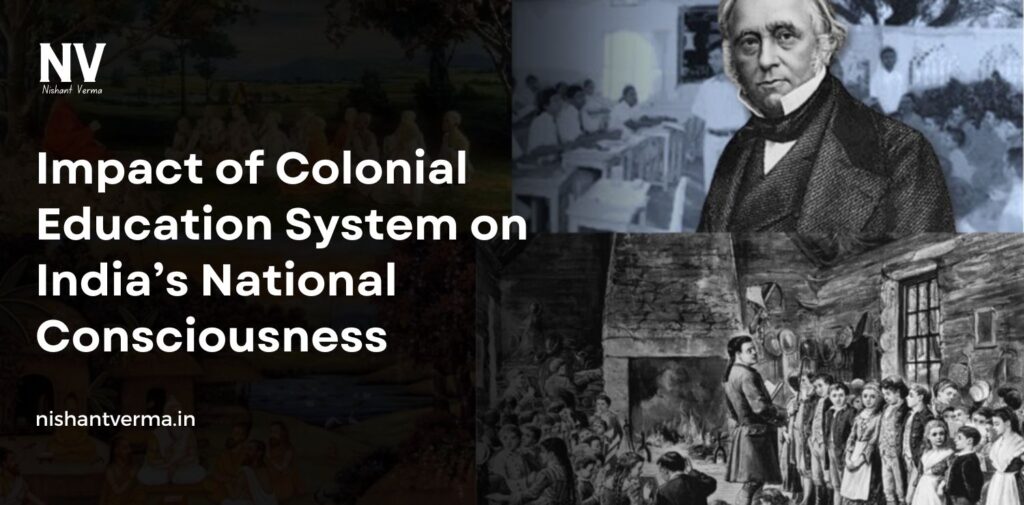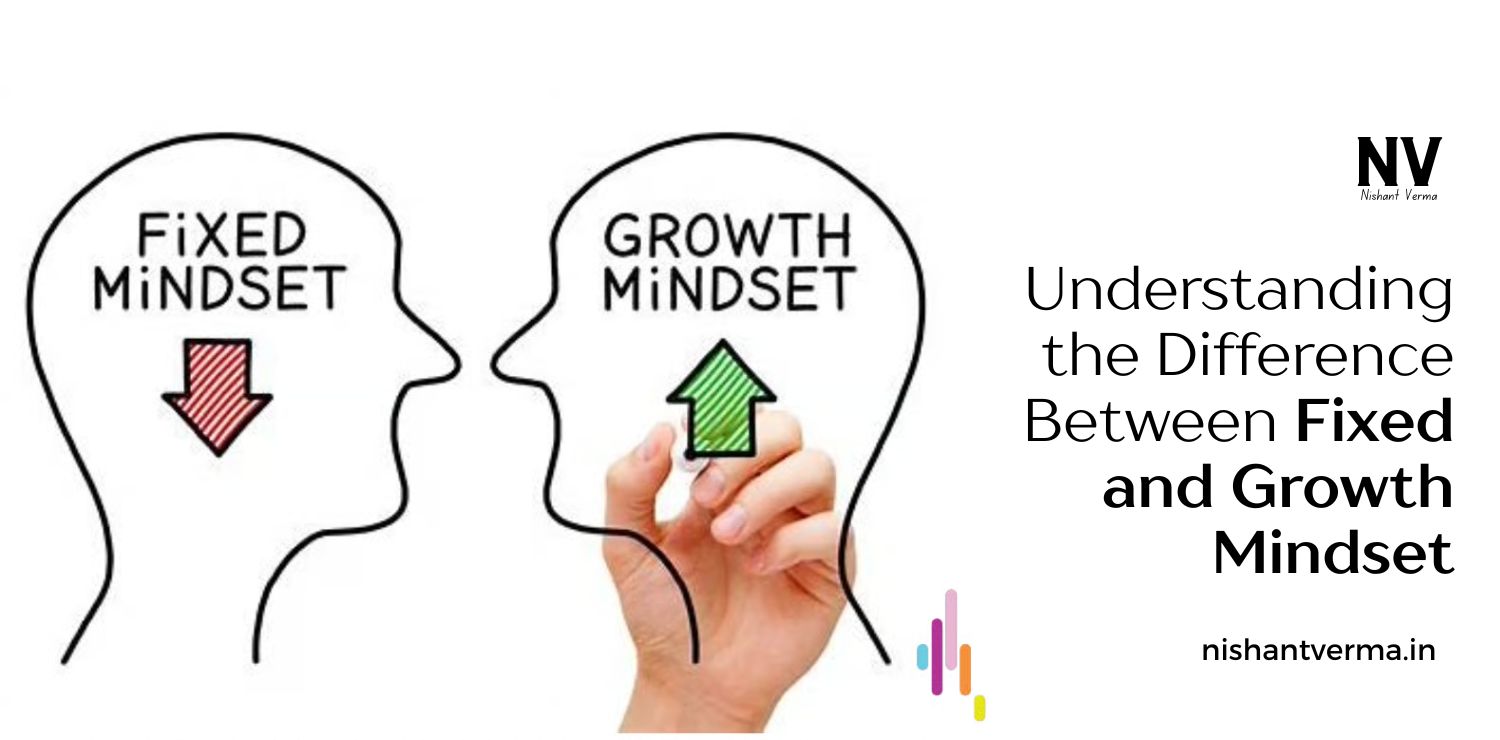The colonial era in India, marked by British rule, had a profound impact on many aspects of Indian society, including its education system. The education system implemented by the British served their colonial interests, shaping the minds of Indian youth while suppressing indigenous knowledge and culture. However, despite its limitations, the colonial education system also contributed to the rise of Indian nationalism and played a significant role in the development of national consciousness in India.
In this article, we will explore how the colonial education system impacted India’s national consciousness, both negatively and positively. We will discuss the main features of the system, its influence on Indian society, and how it ultimately contributed to the growth of a modern, nationalist identity.
The British Colonial Education System
The British had a clear agenda when it came to education in India. The aim was not to educate Indians for their benefit but to create a class of people who would serve as intermediaries between the British rulers and the Indian masses. The colonial education system was designed to produce clerks, soldiers, and other subordinate officials who could assist in the administration of the colony, rather than intellectuals or leaders who could challenge British rule.
In the early stages of British rule, education was mostly provided in traditional Indian schools, focusing on religious studies and practical skills. However, as British control over India strengthened, a Western-style education system was introduced. This education system emphasized subjects like English literature, science, mathematics, and history, but largely ignored Indian culture, history, and languages.
Key features of the colonial education system included:
- Introduction of English as the medium of instruction: English became the primary language of education and administration, which created a divide between the educated elite and the general population. This move also resulted in the marginalization of Indian languages and traditions.
- Western curriculum: The curriculum emphasized Western knowledge, particularly British history, science, and literature, while Indian history and culture were either neglected or distorted.
- Focus on producing clerks and administrators: The education system was designed to train Indians to serve the British colonial administration, creating a class of educated people who were loyal to British rule and had limited awareness of their own heritage and history.
- Limited access to education: The British education system was not accessible to all sections of Indian society. While a few elite Indians could benefit from higher education, the majority of the population remained illiterate and excluded from formal education.

Negative Impact of the Colonial Education System
The colonial education system had several negative effects on India, particularly when it came to fostering a sense of national identity and consciousness.
1. Cultural Alienation
By focusing on Western education and values, the British colonial education system alienated Indians from their own cultural roots. Indian history, traditions, and philosophies were either ignored or misrepresented. The education system reinforced the belief that Western civilization was superior to Indian culture. This led to a sense of inferiority among many Indians, who began to view their own culture as backward and inferior.
Indians who received a colonial education were often trained to see themselves as subjects of the British Empire. They learned to accept British values and perspectives, which created a divide between the educated elite and the masses who continued to follow traditional Indian ways of life.
2. Limited Awareness of Indian History and Heritage
Under British rule, Indian history was often portrayed in a way that justified colonial domination. Textbooks emphasized India’s supposed “backwardness” and presented the British Empire as a force that brought progress to the country. This distorted view of history prevented Indians from understanding their own rich cultural and historical heritage.
The British education system left little room for the study of India’s ancient civilization, its achievements in fields like mathematics, astronomy, and philosophy, or the contributions of its great leaders and reformers. As a result, many Indians grew up with little knowledge of their own history and were unaware of the powerful nationalistic traditions that had existed long before British colonization.
3. Creation of a Divided Society
The British education system created a deep divide between the educated elite and the rest of the population. The majority of Indians, especially in rural areas, had no access to formal education. This meant that the benefits of the British education system were limited to a small group of people, often those from upper-caste or privileged backgrounds.
The system also reinforced the social hierarchy that existed in India. The British prioritized education for a small group of people who could assist in the administration, while the majority of the population remained illiterate and excluded from opportunities for advancement. This divide led to social inequalities and hindered the development of a unified national consciousness.

Positive Impact of the Colonial Education System on National Consciousness
While the British colonial education system had many negative effects, it also played a crucial role in shaping India’s nationalist movement. It was through the education system that the seeds of modern nationalism were planted. Some of the positive impacts include:
1. Emergence of a New Intellectual Class
One of the most significant contributions of the colonial education system was the creation of a new intellectual class of Indians who were exposed to Western ideas of democracy, liberty, and equality. Although the system was designed to serve colonial interests, it unintentionally introduced Indians to concepts that would become the foundation of their struggle for independence.
The educated elite, who had been trained in Western ideas, began to question the legitimacy of British rule. They realized that they could use the same tools of Western education to demand freedom and self-determination for India. This intellectual class played a key role in the rise of Indian nationalism by forming political organizations, writing about the need for independence, and advocating for reforms.
2. The Rise of Nationalist Movements
The educated Indians who had access to the British education system played a central role in the development of nationalist movements. Figures like Lala Lajpat Rai, Bal Gangadhar Tilak, Subhas Chandra Bose, and many others were products of the colonial education system. These leaders used their knowledge of Western political philosophy to demand greater political rights for Indians and challenge British authority.
The creation of organizations like the Indian National Congress (INC) in 1885 was made possible by the educated elite, who understood the importance of a united political front. The early nationalist movements were often led by people who had studied in Western-style schools and universities and were familiar with the ideas of freedom and justice from Western thinkers like John Locke, Rousseau, and Montesquieu.

3. Spreading Awareness and Promoting Reform
The colonial education system also played a role in promoting social reforms in India. The educated class, which was exposed to the ideas of equality and human rights, began to demand social reforms that would benefit the wider population. Reformers like Raja Ram Mohan Roy, Ishwar Chandra Vidyasagar, and Swami Vivekananda advocated for the abolition of practices like Sati (widow burning), child marriage, and caste discrimination.
These reform movements, which were led by educated Indians, laid the groundwork for the development of a modern, progressive India. They helped to foster a sense of national consciousness by highlighting the need for social justice and equality.
4. Formation of Indian Identity
As Indians became more exposed to Western political thought and ideas, they began to see themselves as part of a larger struggle for self-determination. The education system played a crucial role in shaping a modern Indian identity, distinct from colonial rule. The educated class began to envision an India that was free from British control and rooted in its own traditions, while also embracing the ideals of modernity.
This sense of national identity was further strengthened by the dissemination of nationalist ideas through newspapers, books, and pamphlets, many of which were produced by the educated class. These efforts led to the rise of a strong, unified nationalist movement that ultimately achieved independence in 1947.
Conclusion
The colonial education system in India was a double-edged sword. While it was designed to serve the interests of the British Empire, it also inadvertently contributed to the rise of Indian nationalism and the growth of national consciousness. On the one hand, it created a class of educated Indians who were alienated from their own culture and history, but on the other hand, it introduced ideas of democracy, liberty, and equality that would fuel the fight for independence.
The British education system may have been flawed, but it helped to create an intellectual class that would play a key role in shaping the future of India. The legacy of this system is complex, but it undeniably played a significant role in the development of modern India’s national consciousness. The impact of colonial education on India’s struggle for independence remains a critical part of the country’s history and its journey to becoming a sovereign nation.




